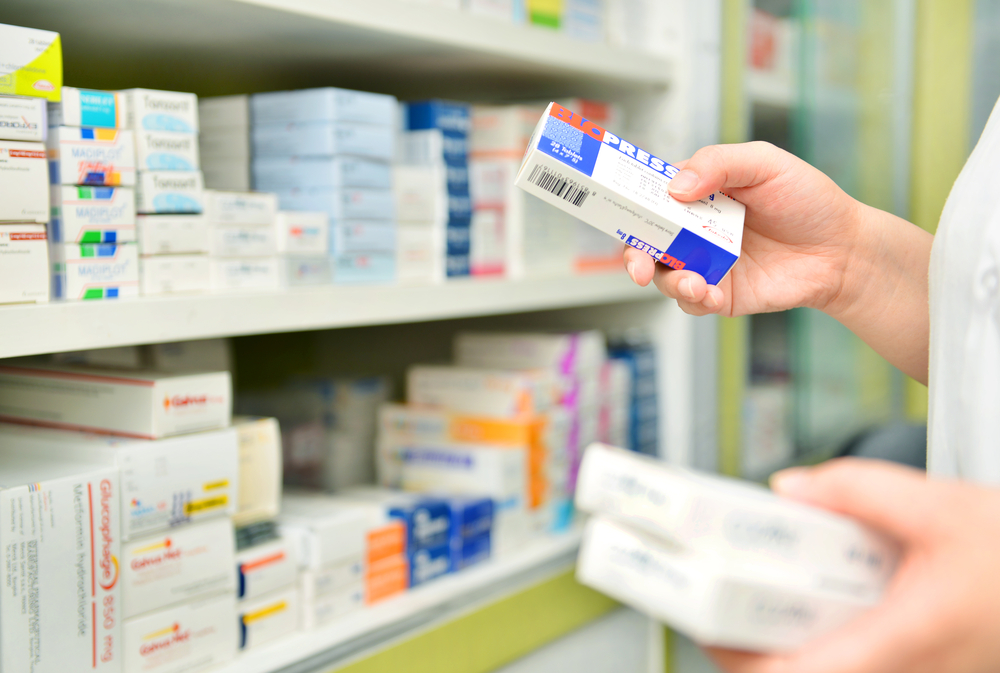You can purchase numerous drugs for minor medical issues at the drugstore without a prescription.
Essential tips for utilizing over-the-counter prescriptions:
- Always follow the printed labels and alerts
- Consult with your health care professional before starting another drug
- Know what you are taking
- Take a look at the ingredients and choose products that have less things listed.
- Store medicines in a cool, dry place
- Keep all medicines out of kids ‘ reach
- Women who are pregnant or breastfeeding should consult with their provider before taking any new


